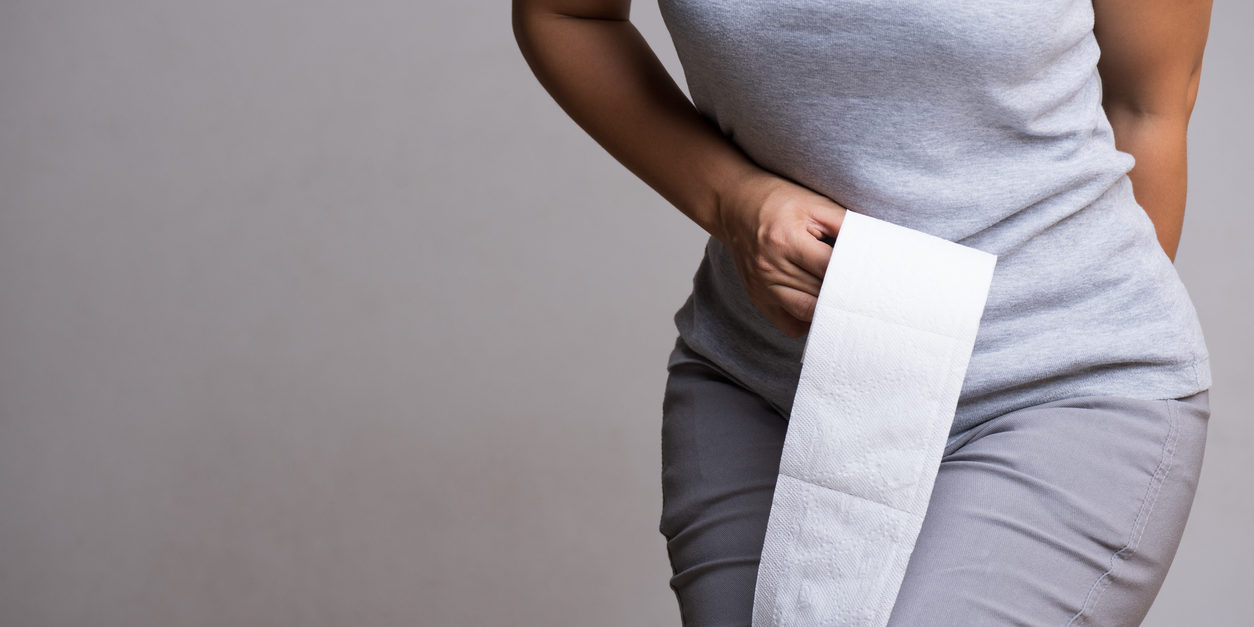Three-fourths of all adults will at some point deal with hemorrhoids. With statistics like that, you have a good chance of running across these in your life. But do you really know what hemorrhoids are, and how to tell if you have them? It is lucky that for 75% of the population they are not life-threatening. However, it’s unfortunate that a large amount of people still suffer from hemorrhoid pain. There are ways to manage them though. If you think you may be suffering from hemorrhoids, contact Dr. Tabib for hemorrhoid pain management and hemorrhoid treatment in Los Angeles.
What are Hemorrhoids?
Hemorrhoids affect your rectal area. They can be either external on the surface of the buttocks, or internally in the anus. Hemorrhoids are essentially swollen veins in this area of your body. Because they become swollen, they stretch to the point of discomfort and pain. Hemorrhoid pain is made worse by the fact that you sit down quite often on the affected area, and that the pressure of bowel movements can cause flare-ups. The external hemorrhoids can sometimes be seen if they are bad enough to form a lump.
What are the Symptoms of Hemorrhoids?
There are several symptoms of internal and external hemorrhoids. Internal hemorrhoids are the milder of the two and are relatively painless. Since they are far enough inside the rectum, the external force of sitting down doesn’t exacerbate them. Although pain isn’t a big issue, you will still have some other similar symptoms. You may see some blood in your feces, or on the toilet paper after wiping. This is possible for both external and internal conditions. External hemorrhoids are the ones that cause more uncomfortable symptoms. Pain, swelling, and itchiness are the worst symptoms due to the external nature of these hemorrhoids.
Why am I Getting Hemorrhoids?
The main association for hemorrhoids is pressure in the anus. This means that chronic conditions of constipation and bowel movement strain are the main culprits. People with these problems usually spend a long time sitting on the toilet, which can add to the occurrence. Essentially, anything that affects the blood flow to the rectum creates an environment for these vessels to swell. There has been some association found with genetics. If you have a family member who has hemorrhoids, you are more likely to get them too. The pressure that causes hemorrhoids isn’t just exclusive to bowel movements though. The pressure exerted while exercising can cause them. The additional weight and strain from pregnancy is a pretty common cause. Even poor diet and health can add to the likelihood of having hemorrhoids.
How do you Manage Having Hemorrhoids?
If you are suffering from hemorrhoid pain and want to know your treatment options, Dr. Tabib is the best place to start for expert medical advice. Since the main cause of hemorrhoids is constipation or trouble performing regular bowel movements, your diet could be the cause. If you have a diet low in fiber, you will inevitably have trouble on the toilet. This heightens the likelihood of having hemorrhoids and makes life with them that much worse. The best way to add more fiber to your diet is with natural foods, like whole grains, beans, fruits, oatmeal, and vegetables. But if you can’t swallow it, then try using a fiber powder that can be consumed for supplemental purposes.
A 30-minute brisk walk has been known to help alleviate the bowels as well. For immediate relief of the symptoms, there are topical ointments that can be used. These creams will temporarily numb the area it is applied to. If hemorrhoids will not go away and are becoming unbearable, there are surgical options. You can remove the clot that is causing stress to the vein. This is the most intense option and should be done more as a last resort after all other options have been exhausted.



